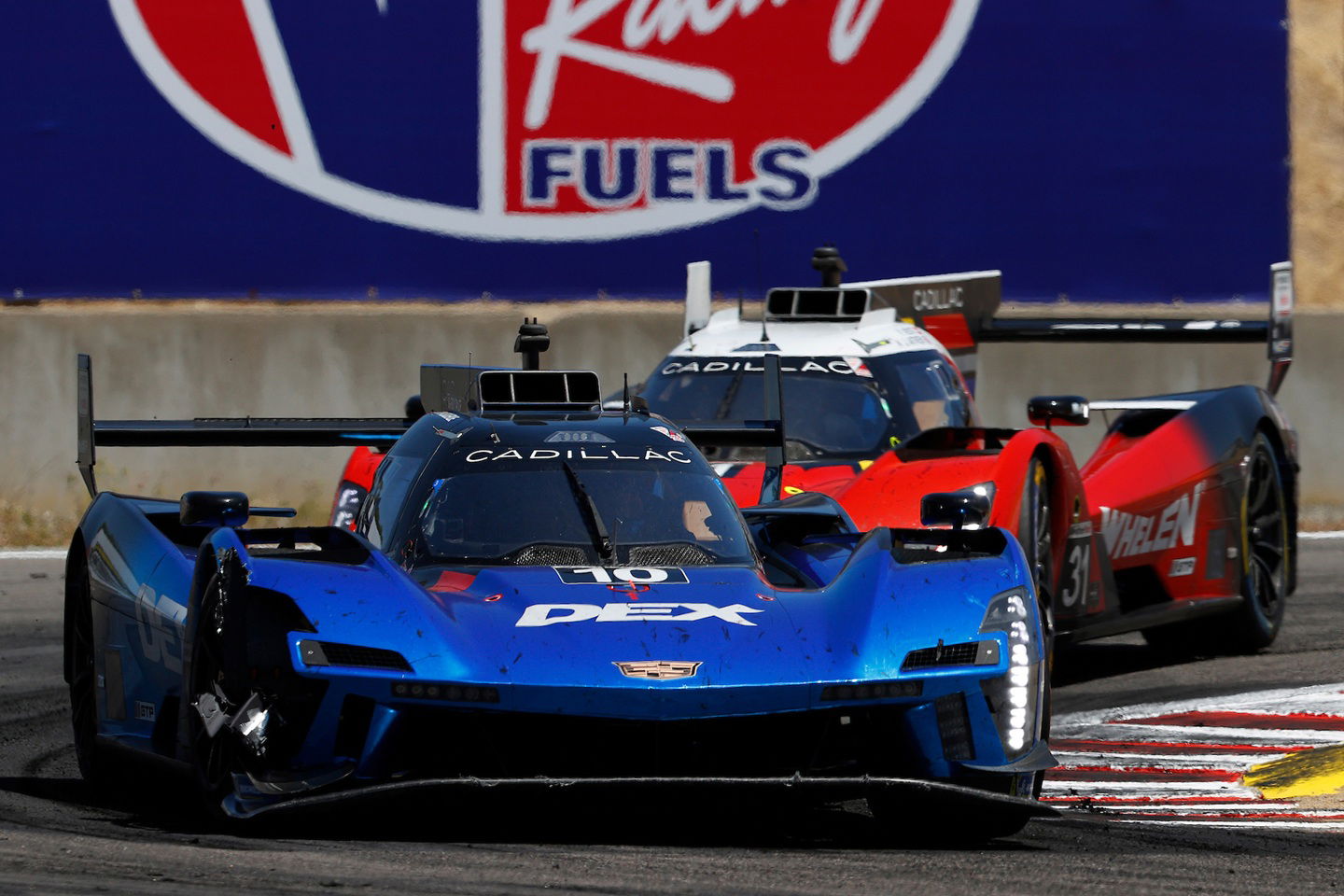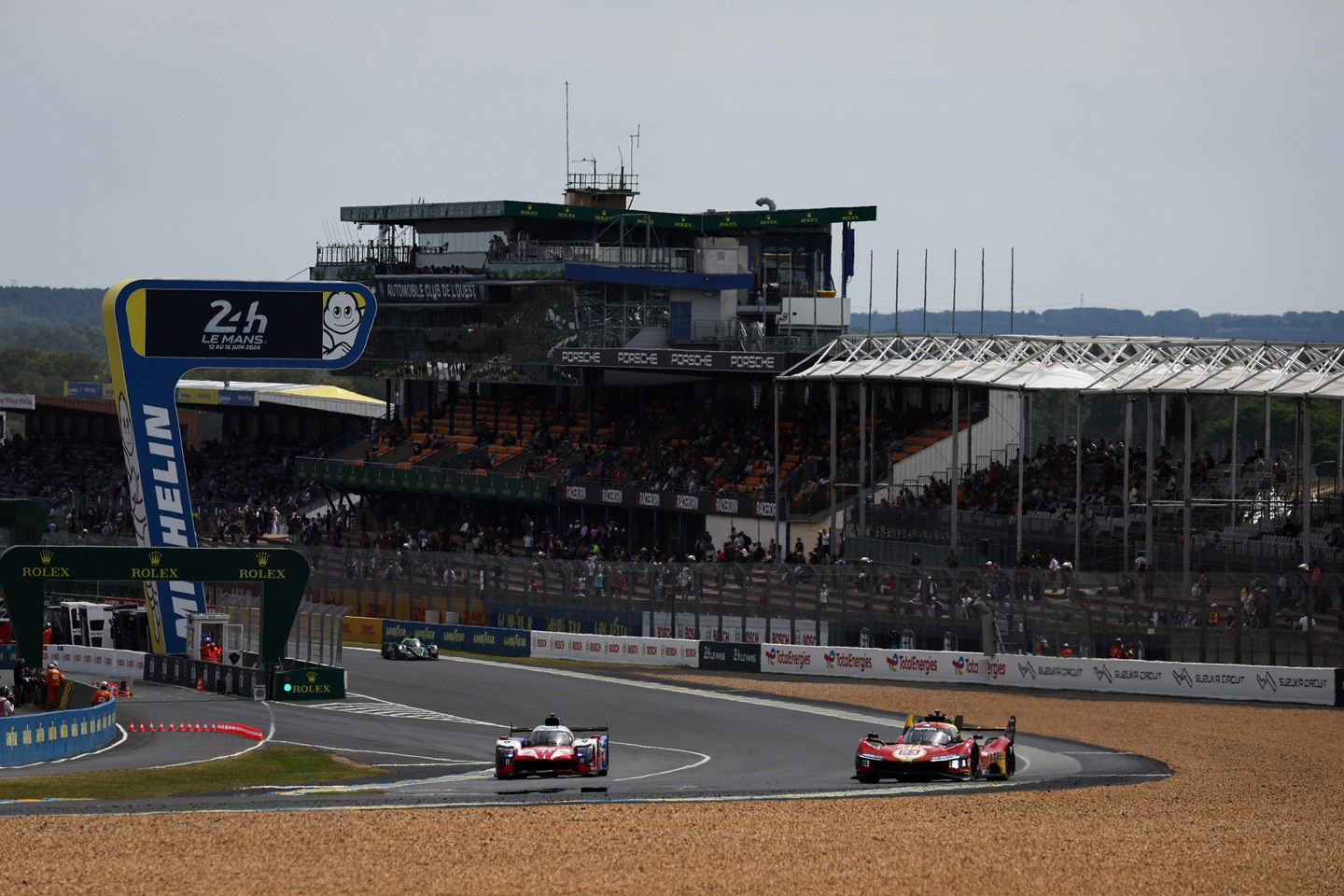Genesis aims to create passion for motorsport in Korea with WEC Hypercar programme
Why Genesis’ new LMDh programme is significant in more ways than one.

Genesis says its upcoming World Endurance Championship programme is more than a marketing initiative, with Hyundai keen to create a passion for motorsport in South Korea.
Genesis is the latest manufacturer to have been lured by the Hypercar regulations and will enter a pair of LMDh cars in WEC’s top class next year, before expanding to IMSA SportsCar Championship’s GTP division in 2027.
The luxury division of Hyundai unveiled the GMR-001 in a distinctive orange-and-red livery orange livery last month and the prototype is expected to hit the track for the first time in August as part of an extensive testing programme.
This is the second major international programme for the Hyundai Group, which has also been competing in the World Rally Championship since 2014 with its primary brand.
But the WEC project carries extra significance for Hyundai and Genesis, with the company keen on expanding a culture for motorsport - and specifically circuit racing - in its home country.
“I had been bothering [the Hyundai directors] about going racing for quite some time,” Hyundai designer Luc Donckerwolke told the WEC’s official website.
“In Korea, there is not really a racing culture. When I initially went there almost ten years ago, I asked, where are the races, where are the ‘Cars and Coffee’ meetings – and everyone was just looking at me with big, wide eyes.
“Then I realised, when I took my team to race events, it was the first time they had done that!
“I launched Genesis’ Magma road car performance range just over a year ago, with the intention of developing a sporty line-up and – ultimately – going racing. The issue I had was that Koreans are naturally very humble people and do not like to shout about themselves.
“I was a bit concerned that having ‘Magma’ on the GMR-001 in Korean would be too much for our chairman, so I talked to him but he actually really supported the idea.
“That was very important for me, because the use of the word Magma is extremely relevant. This is the first time Korea is participating in circuit racing at this level, and I would like to leverage that to finally create a passion for the sport in the country.
“It’s difficult to think of many Korean racing drivers who have competed on the international stage, so one of my key goals with this initiative is for new generations of Koreans to identify themselves with motorsport and maybe become racing drivers themselves.
“Just like the ‘Bentley Boys’ who helped to establish the legend of Bentley, my aim is that André Lotterer, ‘Pipo’ Derani, Jamie Chadwick, Mathys Jaubert, Dani Juncadella and all the others still to come – hopefully including some Korean drivers – will be Genesis brand ambassadors as well as ambassadors for Korea.
“This project has a very strong significance for the country that goes beyond a brand marketing initiative. It’s about creating something new in the nation’s culture.”
South Korea hosted Formula 1 races at the remotely-located Yeongam track between 2010-13, while the country’s capital Seoul also staged a Formula E race in 2022.
No driver from South Korea has ever raced in F1, although Jack Aitken - who holds both British and South Korean nationalities - did compete at the Sakhir GP in 2020.








